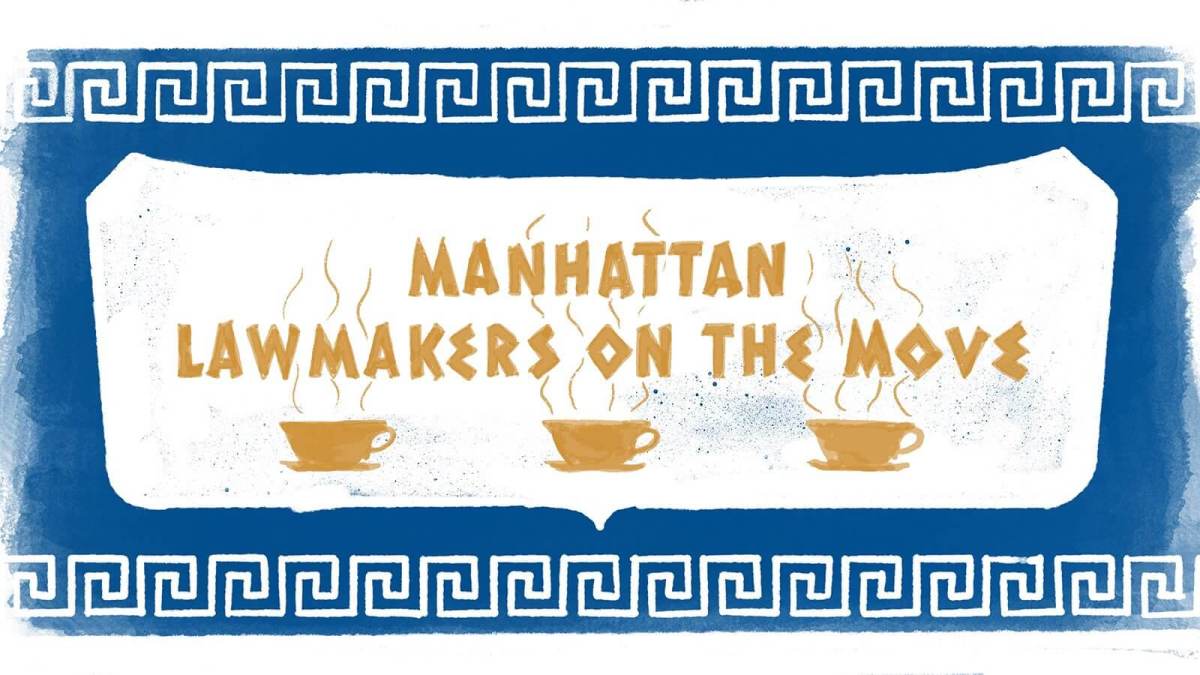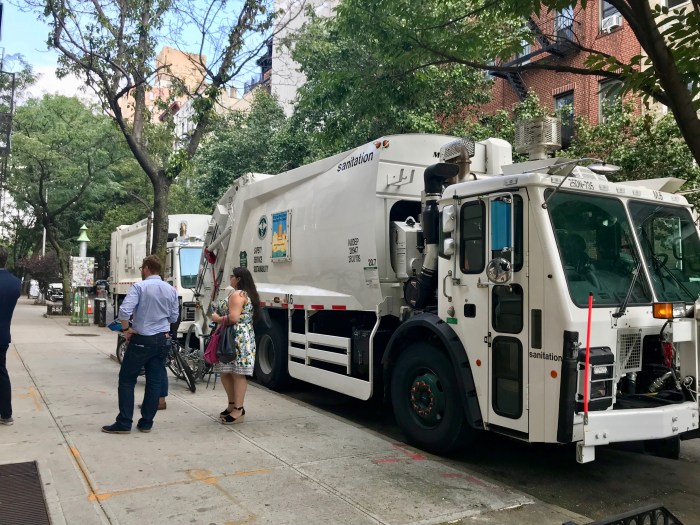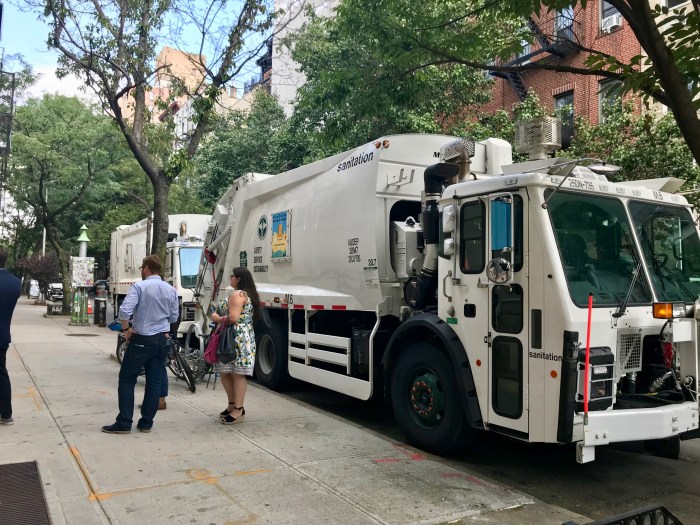Velázquez Announces $27 Million for Head Start Programs, Health Centers
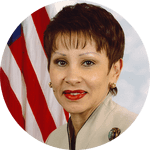
Rep. Nydia M. Velázquez (D-LES, Brooklyn, Queens) yesterday announced that local early education centers within New York’s 7th Congressional District have received federal grants to continue their Head Start and Early Head Start programs.
Additionally, Velazquez noted that local health centers have also received federal grants to aid healthcare, mental health and substance abuse services. Both programs are federally funded and provide support services to low-incomes families.
Of the seven centers awarded federal funds only one was in Manhattan, the remaining organizations are located in Brooklyn. Grand Street Settlement in Lower East Side, New York is set to receive $1,832,363 in federal funds from HHS.
The funding will ensure the organization can continue providing personalized resources and direct services to inspire New Yorkers, strengthen families, and advocate for communities.
“Health centers are vital to our communities. They integrate access to pharmacy, mental health, substance use disorder, and oral health services in areas where economic, geographic, or cultural barriers limit access to affordable health care services” said Velázquez. “I am proud to see local health centers receive federal funding to continue the important work of delivering high quality services to New Yorkers.”
Chin Vendor Reform Bill Moves Forward In City Council
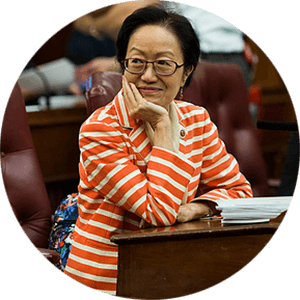
City Council Members Margaret S. Chin (D-Battery Park City, Chinatown) and Carlos Menchaca’s (D-Brooklyn) bill rallied yesterday with street vendor, transportation and immigrant rights advocates ahead of a key Council hearing for historic reform legislation.
Chin and Menchaca’s bill, Intro 1116, “would gradually expand the number of permits to vend foods on the streets and sidewalks of New York City.” Specifically, 400 new licenses would be issued every year beginning in 2019 until 2028.
The bill will also create a new dedicated vending law enforcement unit, which would exclusively enforce vending laws. It would also create a street vendor advisory board, which will include vendors, brick and mortar small businesses, representatives from community groups, labor unions, property owners, and city agencies, to examine the rules for duplicative, unclear, or unnecessary provisions.The bill would also create an independent enforcement agency to regulate the system.
Currently, there is a cap of about 5,000 street vending licenses, but Sean Basinski, Director of the Street Vendor Project at the Urban Justice Center, estimates there are actually between 10,000 and 12,000 food vendors when accounting for those operating without a license.
Chin and Espinal’s bill aims to bring increased opportunities, fairness and consistent enforcement to a chaotic system created by a decades-old cap that has forced many vendors to turn to an underground market for licenses.
“The time has come to reform a broken system that negatively impacts vendors, their families and surrounding communities. For too long, hardworking vendors have been victimized by a thriving black market for licenses. And too many communities have seen the chaos on our streets caused by ineffective vendor enforcement,” said Chin.



